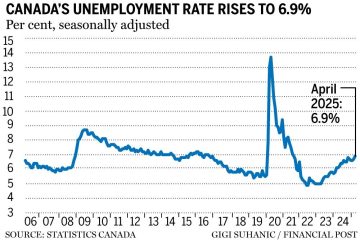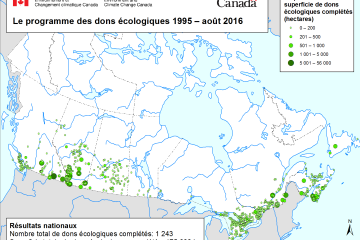Canada’s Ultimate Challenge: Resilience in a Changing Environment

Introduction to Canada’s Ultimate Challenge
As Canada faces unprecedented environmental shifts, the nation is confronted with its ultimate challenge: resilience. Climate change is no longer a distant threat but a present reality affecting the country with rising temperatures, erratic weather patterns, and increasing natural disasters. This evolving situation raises the need for both governmental and community-level actions to mitigate impacts and adapt to new environmental norms.
Current Climate Challenges Facing Canada
Canadians are witnessing the effects of climate change firsthand, from the devastating wildfires in British Columbia to the severe flooding in eastern provinces like Nova Scotia. Each year brings new records for temperatures, with summer 2023 marking one of the hottest in Canadian history. According to Environment Canada, the northern regions are warming at twice the global average, affecting wildlife, ecosystems, and local communities.
Government and Community Responses
The Canadian government has started implementing various strategies to enhance resilience against these changes. The ‘Canada’s Changing Climate Report’ underscores the urgent need to address the issues through sustainable practices and policies. Investments in renewable energy, conservation efforts, and public infrastructure to withstand extreme weather are all part of the response toolkit.
In addition to government initiatives, communities across Canada are also taking action. Grassroots organizations are mobilizing to promote education on sustainability, while indigenous groups advocate for traditional ecological knowledge to guide land use and conservation. Such collaborative efforts highlight that addressing climate change in Canada requires multifaceted strategies and widespread community engagement.
The Significance of Building Resilience
Building resilience is not merely about responding to climate change, but also about embracing it as a mechanism for fostering innovation and unity. With the threat of environmental disruptions continuous, the priorities for future generations include sustainability and preparedness. Experts predict that the economies of regions that actively work towards adaptive strategies will flourish, as they will attract investments and jobs in the green economy.
Conclusion
Canada’s ultimate challenge is a test of spirit and adaptability. As climate impacts intensify, Canadians must work together—government, businesses, and communities alike—to build resilience against future adversities. This focus not only paves the way for recovery but also establishes a legacy of sustainability for future generations. Ultimately, how Canada rises to this challenge will serve as a model for others globally facing similar trials.









